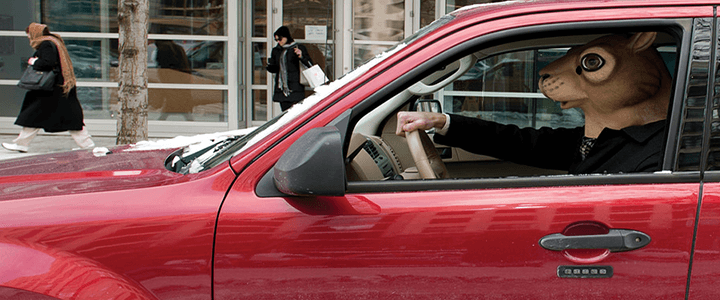Officials across the United States are now undertaking various, and in some cases, extreme measures to stop the spread of COVID-19. This is in addition to the White House’s social distancing guidelines, which directed Americans to stay home if possible and to keep “social distancing” when going out.
At the present time this is still just a guideline and so far there has been no federal nationwide quarantine order – and that is something that hasn’t happened since the 1918 “Spanish Flu” pandemic. The primary responsibility for public health still rests with the states.
Most states have called for social distancing and have at least encouraged individuals to stay home. Some states have taken it much further. This is especially true in the hard hit states of New York and Washington, which each remain epicenters of the COVID-19 pandemic in the United States.
New York Governor Andrew Cuomo announced a statewide “stay at home” order on March 20, and he warned that the state’s 19 million residents that those who defy his edict would face civil fines. That meant all New Yorkers were ordered to work from home, and except for solitary walks or for trips to the grocery store, residents were ordered to stay home.
Other states, including New Jersey, Louisiana, Texas, Illinois, Ohio, Michigan and California have taken similar measures, which all go well beyond calls to limit gatherings to fewer than 10 people or to limit travel. It has also led to some confusion over who should be considered an essential worker and even what businesses would be deemed essential.
To help clarify matters, the Office of Attorney General William Barr sent a memo to all U.S. attorneys instructing them on how to deal with federal employees traveling to and from work during the so-called “lock down” period. This memo was subsequently shared on Twitter by Margaret Weichert, deputy director for management at the Office of Management and Budget.
The memo from the attorney general noted, “many federal employees, including Department of Justice employees carrying out law enforcement functions, are at times required to travel for official purposes. In order to ensure that federal employees continue to provide official services to the public, I am directing that all United States Attorneys contact state and local law enforcement leaders in their geographic areas.”
The memo also suggested how federal employees should handle any situation with law enforcement should they be stopped for violating a state/city directive to shelter in place. “If encountered by local law enforcement during such travel, federal employees shall identify themselves, using their Personal Identity Verification or ‘PIV’ cards, and explain the nature of their work and travel.”
Moreover, Attorney General Barr suggested that United States Attorneys should inform their respective state and local law enforcement partners so that they are made “aware of the fact that federal employees must be allowed to travel and commute to perform law enforcement and other functions and should not be prevented doing so, even when travel restrictions are in place.”
Legal experts, including Joanna Friedman, a partner at the Federal Practice Group, told the Federal News Network that she was not personally familiar with any precedent. However, she said it is well within the federal government’s right to overrule local lockdowns, and added, “State borders and laws are not going to be able to trump what the feds are requiring.”
Despite the memo, most health care professionals still maintain that the best course of action is for all employees – including those in the federal government – to telework when possible. However, millions of federal workers had been waiting throughout the entire month of March for orders to work from home, while last week it was reported by Government Executive that thousands of federal employees have contracted coronavirus as many more are now quarantined due to possible exposure.
As of last week the Pentagon had confirmed 306 cases among civilian workers, and an additional 893 military personnel had test have tested positive along with nearly another 100 contractors. The United States Postal Service has confirmed 259 employees have tested positive while the Veterans Affairs Department had 532 cases, and the State Department confirmed 156 cases, including 118 overseas.
In addition, 79 TSA employees and 74 employees at the Health and Human Services Department had tested positive for COVID-19.
The numbers are only expected to rise, suggesting that it isn’t an issue of the rule of law, as much as a matter of health.


